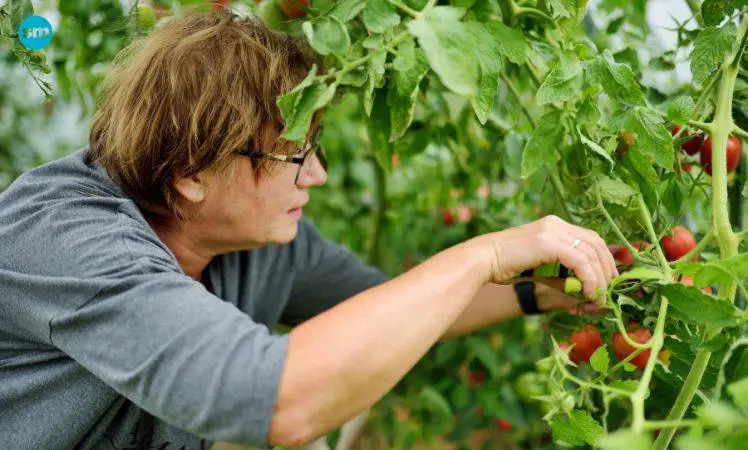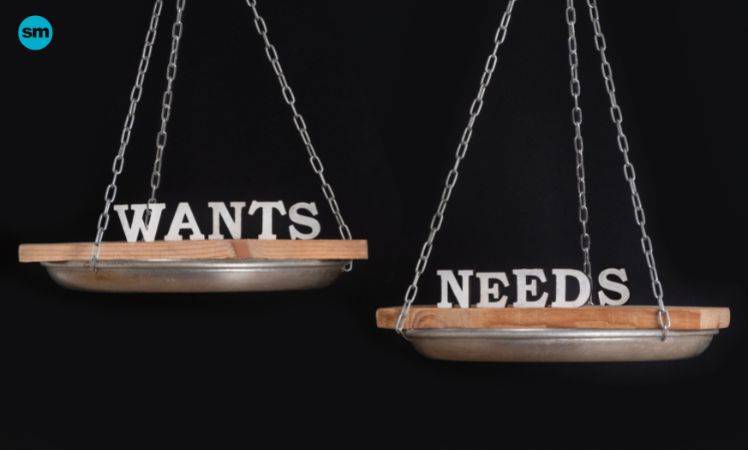Government Grants Available for a Single Mother

Last Updated on January 23, 2024 by Lori Pace
As a single mother who’s been through tough financial times, I can attest that government grants can be a lifeline. These grants offer vital cash assistance that provides flexibility to cover various expenses, from overdue utility bills, mortgage payments, and rent, to essentials like education, food, and even health insurance.
From outstanding utility bills, mortgage payments, and rent, to education, food, and health insurance, there is help available to you.
In this article, you will find ten programs administered by various sectors of the United States government that will assist single mothers in need.
Government Grants For Single Mothers
Please note that several of the programs mentioned below do not provide direct funding to individuals but assist them in other ways. They have been included here because they are still forms of government grants that you can apply for as a single mother.
Let’s have a look at these programs in more detail.
Federal Pell Grant Program
Single mothers looking to further their education with the help of federal student aid can apply to the U.S. Department of Education’s Federal Pell Grant Program.
These grants are open to anyone and will help cover the costs of college tuition.
Pell Grants are usually awarded to undergraduate students, but postgraduate students may, under certain circumstances, also be awarded this grant.
To apply for funding from this grant, you will need to submit the Free Application for Federal Student Aid (FAFSA) form. You must continue to submit this form every year you attend school to stay eligible for federal student aid.
Supplemental Nutrition Assistance Program (SNAP)
Formerly known as the Food Stamp Program, SNAP is a federal grant program that helps low- to no-income families buy food monthly. Single mothers who struggle to make ends meet can also apply for assistance from this program.
SNAP, or the Supplemental Nutrition Assistance Program, is a lifeline for single mothers like me. The program considers factors like your household size, income, and expenses to determine the level of support you receive. Once eligible, you’ll receive an Electronic Benefits Transfer (EBT) card linked to your account. These benefits are deposited each month, allowing you to purchase groceries at approved locations, such as supermarkets and convenience stores.
To qualify for assistance from SNAP, you must meet all the eligibility criteria. These include income and resource requirements and specific requirements for immigrants, elderly persons, and persons with disabilities.
To apply for SNAP benefits, you need to fill out an application and return it to a SNAP office within your state. Each state has a different application, which is usually available online.
More information about the various application processes for each state, as well as where to find your local SNAP office, is available on the Food and Nutrition Service’s (FNS) website.
Special Supplemental Nutrition Program for Women, Infants, and Children (WIC)
WIC aims to promote the general well-being of low-income pregnant, breastfeeding, and non-breastfeeding postpartum women and infants and children up to the age of five by giving them access to healthy foods. It also provides healthcare referrals and basic food education to women and children considered to be at nutritional risk.
This program works similarly to SNAP in that recipients receive an EBT card that they can use to purchase WIC-approved items.
Individuals, including single mothers, with a total household income below 185% of the federal poverty level are eligible for this program. In addition, individuals or families who already participate in other benefits programs, such as SNAP, Medicaid, or Temporary Assistance for Needy Families, may also automatically meet the income eligibility requirements for WIC.
Child Nutrition Programs
These programs provide food assistance to low-income families and single mothers with children of school-going age. They help to provide for a child’s basic needs by ensuring that they receive at least one healthy meal while they are at school.
Some of the programs include the National School Lunch Program, the School Breakfast Program, and the Special Milk Program.
The Child and Adult Care Food Program (CACFP) serves daily meals to children who are enrolled in daycare or afterschool care programs. It also caters to adults who have specific needs.
In addition, the Summer Food Service Program (SFSP) distributes free healthy meals and snacks to underprivileged children and teens.
SNAP, WIC, and the Child Nutrition Programs are all administered by the U.S. Department of Agriculture (USDA).
Public Housing Programs
Single mothers can get housing assistance from the government through its Public Housing Programs.
The goal of these programs is to ensure that everyone has access to a roof over their heads. This is done by providing low-income individuals with affordable private- or state-owned rental housing.
Assistance from these programs is usually given in the form of housing subsidies or housing vouchers. The subsidies limit the amount of rent that recipients have to pay to no more than 30% of their income, while the housing vouchers can sometimes be used to purchase modest homes.
Medicaid
Medicaid is administered by the Center for Medicaid and Medicare Services (CMS), a division of the U.S. Department of Health and Human Services.
It gives people access to medical and other health-related services when they are otherwise unable to afford them. In fact, it is the largest public health insurance program in the U.S. that helps low-income families and individuals, including single mothers, get access to free and affordable healthcare.
Each state is currently allowed to determine its own eligibility requirements for this program. In general, however, applicants must be U.S. citizens or qualified non-citizens.
Child’s Health Insurance Program (CHIP)
As a single mother, I know the importance of access to healthcare for my children. The Child’s Health Insurance Program (CHIP) is a fantastic resource, offering free medical and dental care for kids up to 19 years old. It’s especially valuable for those families who fall between the income limits of Medicaid and their state’s CHIP program.
Children eligible for the program include those whose family income is above Medicaid’s limit but below their state’s CHIP limit.
It covers hospital care, medical supplies, and tests. It also provides preventive care, such as eye exams, dental care, and regular check-ups.
CHIP is also administered through the CMS.
Head Start
Head Start is another program administered through the U.S. Department of Health and Human Services that can help low-income single mothers by ensuring that their children receive the best possible start in life.
It offers a variety of free services to children from needy families, which include:
- Comprehensive early learning and development programs. These promote the school readiness of children from birth to age five.
- Healthcare and nutrition. Every child participating in the program receives a free health screening. The program also provides nutritious meals to each child to promote healthy growth and development.
- Parent involvement services. These aim to promote family well-being by offering support to the parents of the children enrolled in the program. They also aim to strengthen parent-child relationships by involving parents in the learning and development of their child.
Low Income Home Energy Assistance Program (LIHEAP)
This program can assist single mothers by helping them pay for their home energy bills and cover the costs of minor energy-related home repairs.
As someone who has faced the challenges of balancing heating costs while providing for my family, I can attest to the critical role of the Low Income Home Energy Assistance Program (LIHEAP). This program prioritizes the well-being and safety of families facing difficulties with heating and cooling. LIHEAP’s primary objective is to protect households from potential hazards due to insufficient heating or cooling, ensuring a safer and more comfortable environment for low-income families like mine.
For this reason, LIHEAP’s crisis program provides emergency assistance to households experiencing an energy crisis. Such emergencies include:
- Broken heating equipment or leaking lines
- Lack of fuel (less than a 15-day supply)
- The main heating source or alternate heating source (i.e., a second heating source used to operate the main heating source or used as a backup) has been completely shut off.
- The danger of having a utility service terminated within the next 60 days
Federal Government Pro Bono Program
Single mothers in need of legal assistance but who cannot afford to pay for it can seek help from the Federal Government Pro Bono Program.
As a single mother who once faced legal challenges but couldn’t afford the cost of legal assistance, I understand the significance of the Federal Government Pro Bono Program. This program enlists federal government attorneys who voluntarily offer free legal services to individuals with limited financial means. Their support goes beyond mere advice; they handle cases, staff clinics, draft wills, and even facilitate mediation, ensuring that even those with limited means have access to legal aid.
Conclusion
So, to all the single mothers out there who may be struggling financially, please know that help is available. Having navigated these challenges personally, I can vouch for the importance of these federal grant programs. The U.S. government offers ten essential programs designed to provide free aid to low-income single mothers, and they can make a world of difference. These resources are here to support you in times of need, and they’ve been a crucial part of my journey as a single mother.






